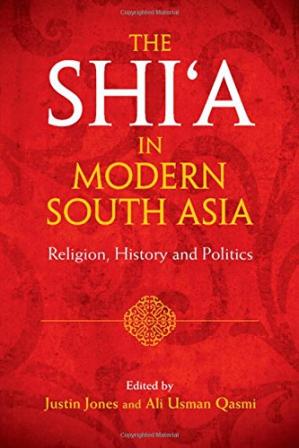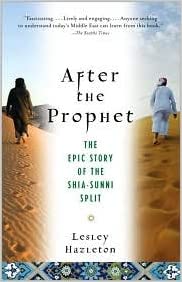Introduction
The serenity of Muscat’s Wadi AL Kabir neighborhood was shattered on a solemn day of mourning. On the 8th of Moharram, a day significant for Shia Muslims commemorating the martyrs of Karbala, an attack on the Imam Ali Mosque in Oman resulted in a devastating loss of life. This article delves into the tragic incident, its aftermath, and the broader implications for the Shia community worldwide.

Screengrabs show people fleeing a shooting at the Imam Ali Mosque in the Omani capital Muscat. — AFP
The Incident at Imam Ali Mosque
The Attack Unfolds
On a day dedicated to mourning and remembrance, the Imam Ali Mosque in Wadi AL Kabir became the scene of a violent attack. As Shia Muslims, primarily from the Pakistani community, gathered to honor the martyrs of Karbala, gunmen opened fire, causing chaos and panic. Screengrabs captured the harrowing moments as worshippers fled the scene.
Casualties and Injuries
Initial reports indicated that four individuals, all Pakistani nationals, were killed in the attack. The death toll later rose to six, including a policeman and the three attackers. In addition to the fatalities, at least 28 people were injured, requiring immediate medical attention.
Official Responses
Royal Oman Police Statement
The Royal Oman Police swiftly responded to the incident, releasing a statement that confirmed the casualties and the neutralization of the attackers. The police’s prompt action helped prevent further loss of life, but the shock and grief within the community were palpable.

Injured Pakistanis under treatment at a hospital in Muscat, Oman on Tuesday. — Pakistan Embassy Oman X
Pakistan Embassy’s Role
The Pakistan Embassy in Oman was quick to react, providing support to the victims and their families. The embassy’s efforts highlighted the need for diplomatic cooperation in the face of such tragedies, ensuring that the injured received necessary medical care and the deceased were respectfully handled.
The Context of Sectarian Violence
Shia Persecution Worldwide
Shia Muslims have long faced persecution across various regions, often targeted by extremist groups. This sectarian violence not only violates religious freedoms but also constitutes severe human rights abuses. The attack in Muscat is a stark reminder of the ongoing threats faced by the Shia community globally.
Sectarian Tensions in Pakistan
In Pakistan, sectarian violence against Shia Muslims is a recurring tragedy. Mosques, Imambargahs, and Ashura processions frequently come under attack, leading to numerous casualties. These incidents underscore the urgent need for protective measures and international intervention to safeguard religious minorities.
Broader Implications
Impact on Oman’s Stability
Oman, known for its relative stability in the Gulf region, was jolted by this rare act of violence. The attack has raised concerns about potential sectarian tensions and the need for increased security measures to protect vulnerable communities.
International Community’s Role
The international community must recognize and address the systemic persecution of Shia Muslims. Advocacy for religious tolerance, human rights protections, and stringent actions against extremist groups are crucial steps in preventing such tragedies.
Conclusion
The tragic attack on the Imam Ali Mosque in Muscat is a grim reminder of the persistent threats faced by the Shia community worldwide. As the mourning continues for the victims, it is imperative for the international community to take decisive action against sectarian violence and protect religious minorities. This incident not only highlights the need for security but also calls for a collective effort towards peace and tolerance.






